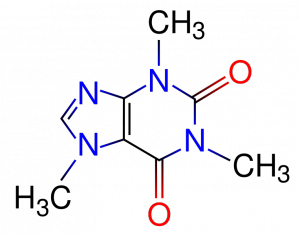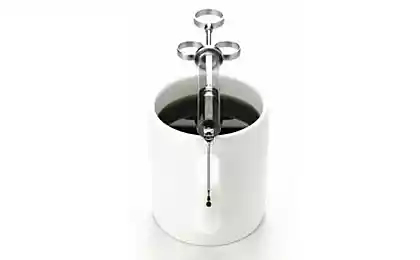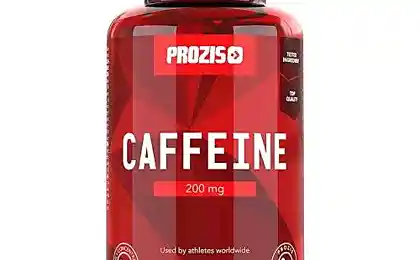554
As caffeine can interfere with your success
Coffee is considered to be the beverage of vivacity, but the more its scientists explore, the more you realize that the "courage" is not a takovoy
Most people start to drink coffee because it makes them feel more alert and improves mood. Many studies have shown that caffeine actually improves cognitive functions such as memory, attention level, and so on.. But this happens only in the short term. And unfortunately, these studies do not take into account the "coffee habit" subjects. New research conducted at Johns Hopkins School of Medicine show that performance increases after consuming caffeine, is the result of that "caffeine addicts" in the use of the coffee experience withdrawal syndrome giving up caffeine. At school, Hopkins found that without removing the syndrome no increase productivity occurs. In fact, caffeine, getting into the body, reduces cognitive function and negative effect on our mood.

And yet the caffeine causes the release of adrenaline. Adrenaline we need in situations of "fight or flight". This is our survival mechanism, which forces us to jump and run, if we are faced with the threat. And this mechanism is often bypasses rational thinking in favor of a quick response. And it's great if you only chases a bear. But this is not great if you are at this moment e-mailing. When caffeine causes your brain and body perevozbuzhdёnnoe condition, your behavior becomes extremely emotional. The most commonly manifested effects of caffeine are anxiety and irritability. Caffeine generating adrenaline emissions not only has behavioral effects. Researchers at Carnegie Mellon University found that high doses of caffeine increases blood pressure, and breathing becomes more shallow, causing the brain lacks oxygen, which is necessary to our thought processes proceeded calmly and remained rational.
When we sleep, our brains are "recharged". Memory, self-control, attention and speed of information processing is much reduced. It would be great if the caffeine had a six-hour period of decay. But it lingers in the body for about a day. If you drink a cup of coffee in the morning, in the evening in the body will be 25% of the caffeine of a cup. If the coffee was drunk in the afternoon, then the evening of it will remain 50%. And any, even a very small amount of caffeine remaining in the blood, it prevents sleep.
via factroom.ru

Most people start to drink coffee because it makes them feel more alert and improves mood. Many studies have shown that caffeine actually improves cognitive functions such as memory, attention level, and so on.. But this happens only in the short term. And unfortunately, these studies do not take into account the "coffee habit" subjects. New research conducted at Johns Hopkins School of Medicine show that performance increases after consuming caffeine, is the result of that "caffeine addicts" in the use of the coffee experience withdrawal syndrome giving up caffeine. At school, Hopkins found that without removing the syndrome no increase productivity occurs. In fact, caffeine, getting into the body, reduces cognitive function and negative effect on our mood.

And yet the caffeine causes the release of adrenaline. Adrenaline we need in situations of "fight or flight". This is our survival mechanism, which forces us to jump and run, if we are faced with the threat. And this mechanism is often bypasses rational thinking in favor of a quick response. And it's great if you only chases a bear. But this is not great if you are at this moment e-mailing. When caffeine causes your brain and body perevozbuzhdёnnoe condition, your behavior becomes extremely emotional. The most commonly manifested effects of caffeine are anxiety and irritability. Caffeine generating adrenaline emissions not only has behavioral effects. Researchers at Carnegie Mellon University found that high doses of caffeine increases blood pressure, and breathing becomes more shallow, causing the brain lacks oxygen, which is necessary to our thought processes proceeded calmly and remained rational.
When we sleep, our brains are "recharged". Memory, self-control, attention and speed of information processing is much reduced. It would be great if the caffeine had a six-hour period of decay. But it lingers in the body for about a day. If you drink a cup of coffee in the morning, in the evening in the body will be 25% of the caffeine of a cup. If the coffee was drunk in the afternoon, then the evening of it will remain 50%. And any, even a very small amount of caffeine remaining in the blood, it prevents sleep.
via factroom.ru























